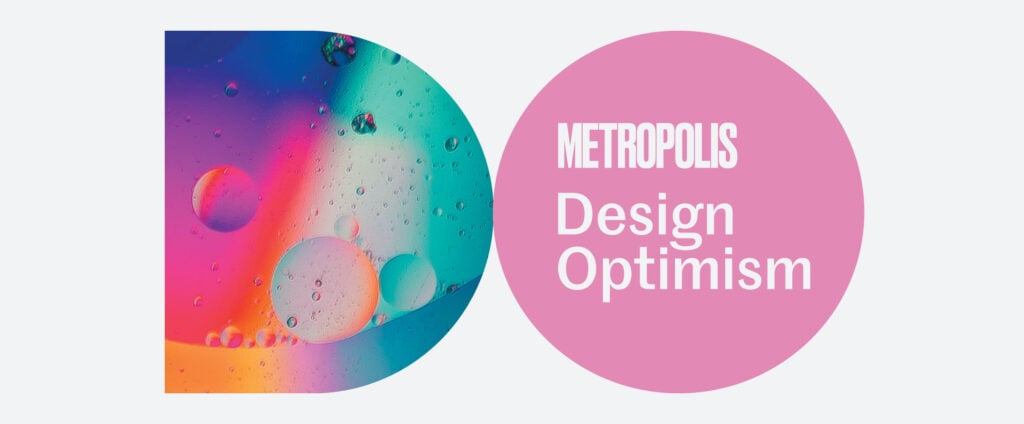
Design Optimism Talks: How Can We Lead Our Cities into the Future?
Europe has a great tradition of the “master builder,” a high-ranking official who oversees civic architecture and urban development. Witness Baron Georges-Eugène Haussmann of Paris, who in the 19th century executed the grands boulevards that define the city today. But more and more urban centers on the continent—conscious of their image as business and tourism hubs—are hiring civic design leaders to guide urban interventions in both the public and private realms.
Kristiaan Borret, bouwmeester of the Brussels Capital Region in Belgium, is just such a person. Recently he sat down with METROPOLIS editor in chief Avinash Rajagopal for the latest of the magazine’s Design Optimism dialogues.
Borret is an urban designer with a difference. Far from being a “grand master visionary” in the mold of Haussmann or Le Corbusier, he is a believer in collaboration and compromise. He does not see developers and politicians as the enemy, but rather as allies for the greater good.
“You know, developers and politicians are not always evil,” Borret observed. “They are often in fact very interesting people. Many of them are proponents of architectural quality and good cities.”

But the bouwmeester acknowledged that Brussels has its issues: “It’s not as charming as Brugge, it’s not as harmonious as Vienna. Due to bad governance and urban planning from the 1950s through the 1970s, it has unpleasant flashes of scale and form. But instead of seeing only problems and mourning them, I consider them opportunities.”
Borret champions design competitions to bring architects and developers together. “We organize a lot of competitions. Every week we launch one. In competitions there is a lot of freedom of thought and freedom of speech that draws in people from multiple disciplines—architects, urban planners, schools and universities and civil society. It’s like bridging multiple worlds.”
Ever conscious of environmental imperatives, Borret urges building reuse and renovation: “If you want to have a real impact on carbon emissions, then stop demolishing older buildings and reconfigure them, even the banal ones from the 1960s.”
As the conversation wound down, Rajagopal thanked his guest and credited him for sparking trans-Atlantic dialogue. “Kristiaan, we appreciate your generosity and your time. We’ve covered so many themes and you’ve given us a clear picture of your role. It’s been great for us in the United States to hear about visionary and responsible European design.”
Listen to the March session of Design Optimism Talks here. This session was presented by Garden on the Wall.

Would you like to comment on this article? Send your thoughts to: [email protected]
Related
Programs
Design Optimism Talks: Behind the Magic of Disney Imagineering
Global creative strategy executive Zach Riddley explored how the company’s creative arm builds places that bring joy during the December session of METROPOLIS’s Design Optimism Talks.
Programs
4 Thinkers Inspiring Optimism in Design
Metropolis hosted the second annual Design Optimism conference at California College of the Arts in San Francisco, bringing architects and designers together for a day of finding hope in radical new ideas.
Programs
5 Thinkers Inspiring Optimism in Design
Metropolis hosted architects and designers for a day of finding hope in radical new ideas.





